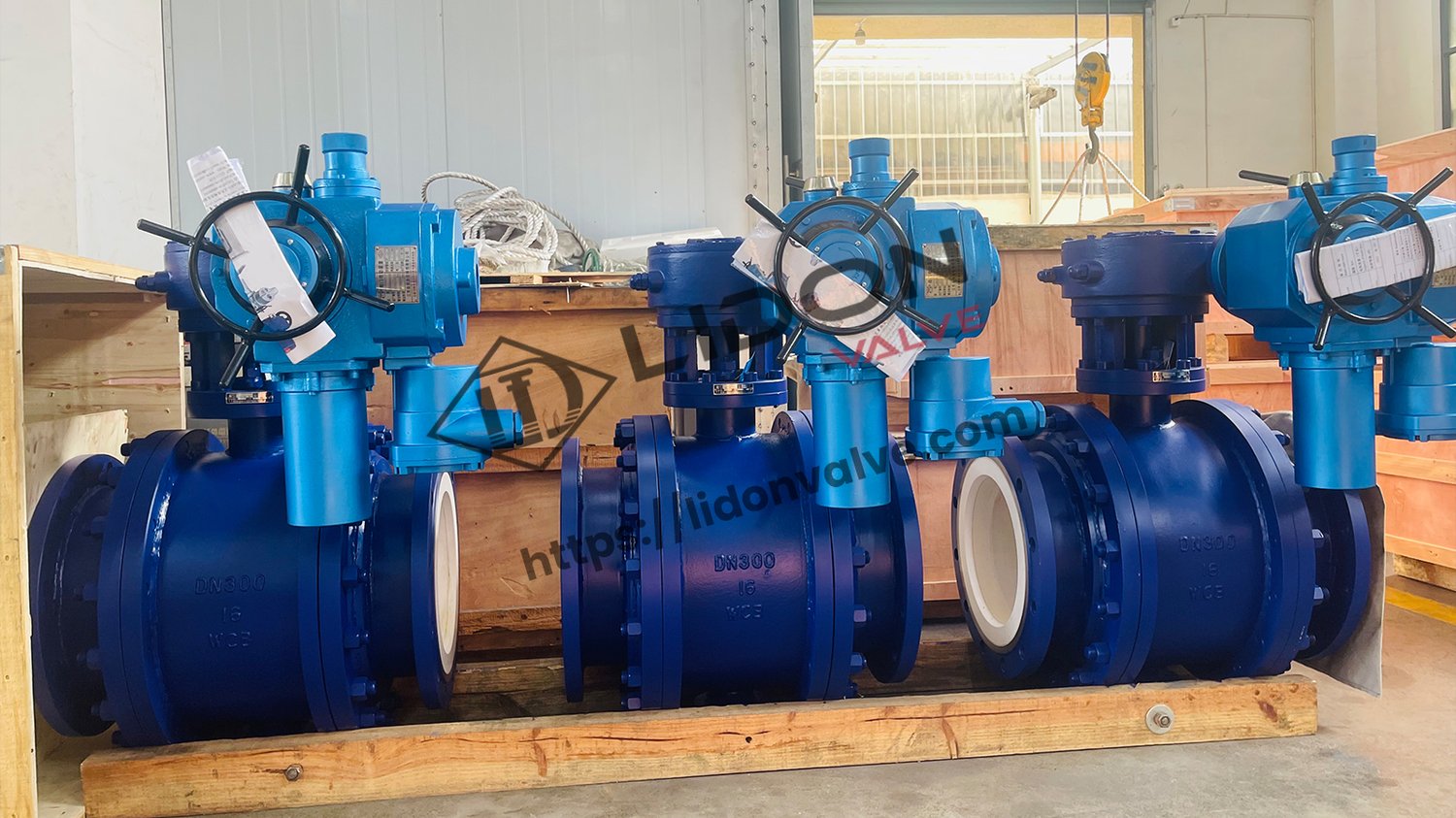Introduction
PVC ball valves are versatile control mechanisms that regulate water flow in plumbing systems. These valves have different sizes and designs that suit various applications, including irrigation, pool maintenance, and industrial processes. However, How long will a PVC ball valve last? depends on several factors, such as the quality of the materials, the environment, and maintenance practices.
Quality of PVC Ball Valves
The quality of PVC ball valves determines their durability and reliability over time. Manufacturers use different grades of PVC resin to make ball valves with varying degrees of strength, flexibility, and chemical resistance. High-quality valves made from schedule 80 PVC have better dimensional stability, UV resistance, and impact strength than low-grade valves. Therefore, if you want your ball valves to last longer, choose those with superior quality materials.
Environmental Factors
The environment may affect the performance and longevity of PVC ball valves. For instance, exposure to sunlight, extreme temperatures, and chemical agents may degrade the PVC material and weaken the valve's structure. Additionally, factors such as pressure, water velocity, and sediment accumulation may cause wear and tear on the valve's seals, stem, and ball. Therefore, it is essential to consider the location and operating conditions when installing a PVC ball valve.
Maintenance Practices
The way you maintain your PVC ball valve determines how long it will last. Some maintenance tips to follow include:
- Regular inspection - check the valve's operation, seals, and fittings for signs of wear, leakage, or damage.
- Clean the valve - remove any dirt, debris, or rust that may block the valve's flow or impair its function.
- Lubricate the valve - apply silicone or Teflon lubricant to the valve's O-rings, stem, and ball to facilitate smooth operation and prevent corrosion.
- Protect the valve - install the valve in an enclosed box or cover it with insulation to shield it from harsh weather and physical impact.
Expected Lifespan of PVC Ball Valves
The expected lifespan of PVC ball valves varies depending on the factors mentioned above. Under normal operating conditions and proper maintenance, high-quality PVC ball valves can last for up to 10-15 years. However, harsh or constant exposure to sunlight, chemicals, and high-pressure systems may reduce the valve's lifespan. Therefore, it is advisable to replace any valve that experiences significant deterioration or failure.
Applications of PVC Ball Valves
PVC ball valves have diverse applications in different industries and sectors. For example:
- Residential - PVC ball valves regulate water flow in residential plumbing systems, including showers, baths, and sinks.
- Irrigation - PVC ball valves control water irrigation in farms, gardens, and landscaping systems.
- Swimming pools - PVC ball valves regulate water flow in pool filtration systems and water features.
- Industrial - PVC ball valves serve as flow control components in chemical manufacturing, mining, water treatment, and oil and gas industries.
Types of PVC Ball Valves
PVC ball valves have different types and configurations that suit specific applications. The common types include:
- Schedule 40 ball valves - lightweight and cost-effective valves with low-pressure ratings for residential use.
- Schedule 80 ball valves - heavy-duty valves with high-pressure ratings and chemical resistance for industrial and commercial use.
- True union ball valves - valves with a removable valve body that enables easy servicing and repair without disassembling the pipeline.
- Multi-port ball valves - valves with multiple inlets and outlets that facilitate precise flow control and mixing of different fluids.
Advantages of PVC Ball Valves
PVC ball valves have several advantages over other types of valves, including:
- Lightweight and easy to install - PVC ball valves are lighter than metal or brass valves and require no special tools or skills to install.
- Chemical resistance - PVC ball valves are resistant to many chemicals, including acids, bases, and solvents.
- No rust or corrosion - PVC ball valves do not rust or corrode, making them ideal for outdoor and marine applications.
- Low friction and torque - PVC ball valves require minimal force and torque to operate, making them suitable for manual or automated control systems.
Disadvantages of PVC Ball Valves
PVC ball valves also have some disadvantages that you should consider before choosing them, such as:
- Low-temperature resistance - PVC ball valves have poor low-temperature resistance and may crack or become brittle in cold environments.
- UV degradation - PVC ball valves may degrade or discolor under prolonged exposure to ultraviolet radiation from sunlight or artificial light sources.
- Not suitable for high-pressure applications - PVC ball valves have lower pressure ratings than metal or brass valves and may fail under high-pressure systems.
Conclusion
PVC ball valves are critical components of many plumbing, irrigation, and industrial systems. Their lifespan depends on various factors such as quality, environment, and maintenance practices. By choosing high-quality valves, installing them in suitable locations, and following proper maintenance procedures, you can extend the lifespan of your PVC ball valves and ensure optimal performance for your applications.

